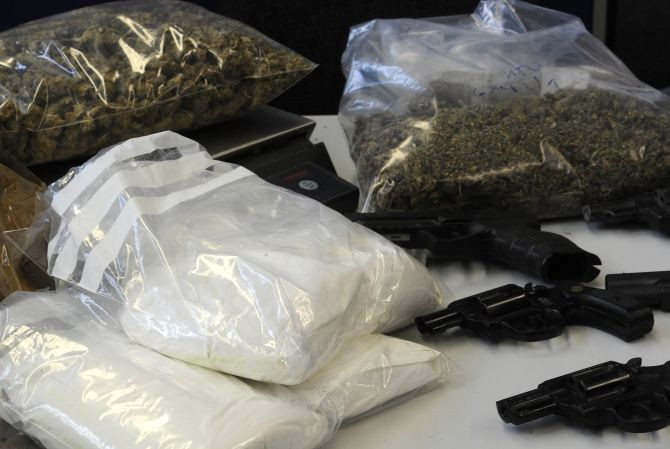People With No Interest in Food May Be More Prone to Drug Addiction

Researchers at the Yale School of Medicine have conducted a study associating overeating and cocaine addiction, but its conclusion is not the one you may expect.
Common wisdom suggests that overeating rewards brain circuitry, and that is indeed true for many cases. With this study, however, researchers have discovered that people who have little to no interest in food may be more prone to cocaine addiction.
Published in the June 24 online issue of Nature Neuroscience, the study was led by Marcelo O. Dietrich, postdoctoral associate, and Tamas L. Horvath, the Jean and David W. Wallace Professor of Biomedical Research and chair of comparative medicine at the Yale School of Medicine. They divided transgenic mice into two groups. In the first group, they removed a signaling molecule that controls hunger-promoting neurons in the hypothalamus. In the second group, they eliminated selected hunger-promoting neurons during development, with diphtheria toxin. Then, using non-invasive measures, they measured the mice’s reaction to novelty, anxiety, and cocaine.
Interestingly, though the researchers had thought of food as a sort of an “abused drug” for overeaters, they found that the second group, the rats with no appetite, was the one drawn increasingly to novelty and cocaine. On the other hand, the rats with an increased appetite were more ambivalent toward novelty-seeking behaviors and cocaine.
The researchers hypothesize that their finding explains the existence of people who are lean but also have increased reward circuitry. The hypothalamus which controls hunger, along with body temperature, thirst, and sleep, may be vital to the development of higher brain functions. Dietrich and Horvath believe that this increase in reward circuitry is fueled during development, and impacts adults’ response to novelty and cocaine during adulthood.
The researchers tentatively suggest that people who hold no interest in food may be prone to an increased risk in drug addiction, seeking their rewards in a place other than food.
Overeating that may help to contribute obesity is often lumped together with an increased pleasure-seeking drive. However, with this experiment, scientists have potentially discovered the existence of another, second group of people with the same increased pleasure-seeking drive as obese individuals but happen to be skinny. In this second group, though, the pleasure is not sought through food, but through novelty and maybe even drug use.



























